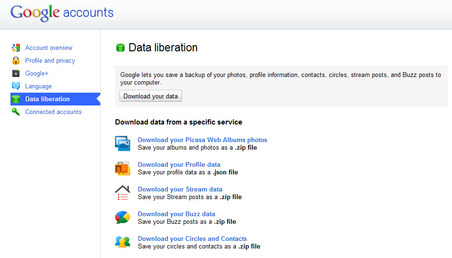Excerpt from this interview with Disney CEO Bob Iger:
“Along those lines, suppose a shareholder got up at your annual meeting and said, “Are you really worth the $28 million you earned this year in salary, bonus, and stock?” What would you say?
Fortunately, we have a chairman and a compensation committee that can answer those questions. I don’t address the public when it comes to how I’m compensated, and I’d prefer not to now.”
The interview question struck me as both a strange and completely fair question. For a shareholder, executive salary is analogous to a capital investment – you make payments in the near term for the expectation of long-term future returns. You want to know whether your investment will yield returns.
But it is a very strange question to receive – because while a CEO has a market price, his expected value will vary depending on the firm and its situation. You can’t say that because another firm is willing to pay $X, your firm should pay $X. The future returns vary widely and are highly uncertain. Furthermore, you generally can’t (or don’t) sell a CEO’s time (or his decisions over that period) into the market. Once you fire him, you stop investing but you don’t usually recoup your prior investment.
What the shareholder is asking is not “Are we paying him market price?” but rather “If we perform the thought experiment of the firm with this CEO versus the firm without this CEO, do his decisions in aggregate generate an incremental fully discounted future value that is commensurate with the salary we are paying today?”
It seems to me that the right answer should always start with, “I don’t know.” Anything else would be rank arrogance.
But – suppose we were looking not to give just the answer to the precise literal interpretation of the question but rather to offer what the shareholder is really looking for, that is, some measure of assurance. Then the answer might sound be something like this:
“I don’t know. I can’t predict the future, and the decisions that I make today will have long-run ramifications. They impact a large firm with thousands of employees and take time to percolate into the organization. My competitors will respond and their reactions are not wholly predictable either.
However, I will let you make your own assessment as to whether I’m worth it. Here are all the major decisions I made during my tenure to date. Of these, here are the major decisions that were non-intuitive, that is, they could and likely would have gone in the other direction. Of the non-intuitive decisions, here is the financial impact to date, and here is the projected financial impact of these decisions for the foreseeable probable future. Beyond that, you will have to make your own assessment but let me share with you my strategic logic for why I think these moves will play out advantageously.”
Sigh. Where can I find a CEO after my own heart. I would give him my portfolio in a moment (subject to diversification and contingent on market conditions….of course).


 RSS Feed
RSS Feed